Introduction
Overview of Garden Maintenance
Garden maintenance involves the consistent care of a garden to keep it in good health, ensuring that plants grow strong, weeds stay under control, and the overall appearance remains attractive. A well-maintained garden not only looks beautiful but also fosters a healthy environment for plants to thrive. Key aspects of garden maintenance include mowing the lawn, pruning shrubs and trees, weeding, watering, and seasonal tasks that prepare the garden for the changing weather. Regular attention to a garden ensures that all elements—plants, soil, and structures—stay in harmony, allowing the garden to grow and flourish throughout the year.
Why Garden Maintenance is Important
Proper garden maintenance plays a critical role in ensuring the health and longevity of plants. Without regular care, weeds can easily take over, plants may become diseased or pest-infested, and the garden may lose its aesthetic appeal. Regular maintenance tasks such as pruning, weeding, and soil care prevent pests and diseases that could otherwise cause significant damage. Additionally, maintaining the garden boosts the visual appeal of a property, contributing to its overall value. Whether you’re a homeowner or managing a commercial property, a well-maintained garden leaves a positive impression and creates a pleasant environment.
Types of Garden Maintenance Services
There are several types of garden maintenance services, each focusing on different aspects of garden care.
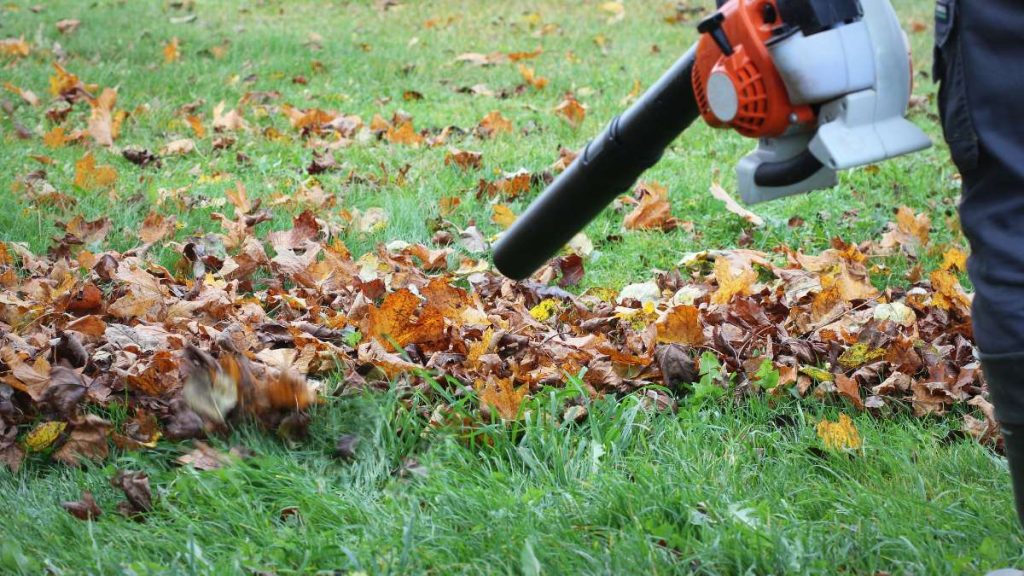
Lawn Care
Lawn care involves tasks designed to keep grass healthy, lush, and green. This includes mowing, aerating the soil, fertilizing, edging, and reseeding bare patches. Mowing the lawn regularly ensures the grass grows evenly and prevents overgrowth, while aerating helps improve soil drainage and allows nutrients to reach the roots more effectively. Fertilization promotes grass growth and helps maintain its rich green color. Together, these tasks keep lawns in prime condition throughout the year.
Pruning and Trimming
Pruning and trimming are essential for the health and appearance of trees, shrubs, and hedges. Pruning involves cutting away dead or overgrown branches to stimulate new growth, maintain the plant’s shape, and prevent diseases from spreading. Trimming, on the other hand, focuses on shaping plants and hedges for a neat appearance. Regular pruning not only enhances the beauty of plants but also allows more sunlight and air circulation, helping them grow more vigorously.
Weeding and Mulching
Weeding is crucial for controlling unwanted plants that compete with garden plants for water, sunlight, and nutrients. Mulching, which involves covering the soil with organic or inorganic material, helps retain moisture, regulate soil temperature, and prevent weed growth. Mulching also improves soil quality by adding nutrients as the organic material decomposes. Together, weeding and mulching keep the garden looking tidy and free from invasive species.
Irrigation System Maintenance
Proper watering is key to the survival and health of a garden, especially during dry seasons. Regular checks and maintenance of irrigation systems, such as sprinklers and drip irrigation, ensure that plants receive adequate water without waste. Irrigation maintenance includes fixing leaks, adjusting water pressure, and scheduling watering times based on the garden’s needs. A well-functioning irrigation system conserves water and helps plants thrive year-round.
Seasonal Cleanups
Garden care changes with the seasons, and seasonal cleanups ensure that the garden remains in good shape throughout the year. In the fall, tasks may include raking leaves, pruning plants, and preparing soil for the winter. Spring cleanups involve removing winter debris, refreshing flower beds, and planting new seeds. Seasonal maintenance keeps the garden in tune with nature’s cycles, helping plants transition smoothly from one season to the next.
Seasonal Garden Maintenance Tasks
Each season presents different challenges and opportunities for garden maintenance, requiring specific tasks to keep the garden thriving.
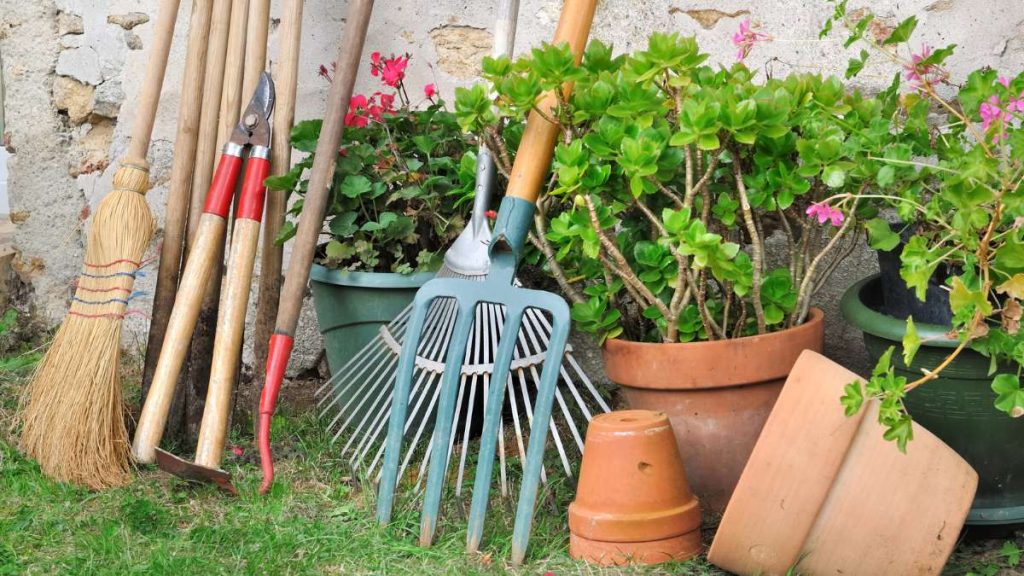
Spring
Spring is a busy season for gardeners as it marks the beginning of the growing season. Key tasks include preparing the soil, planting new seeds, pruning back dead branches, and cleaning up any debris left over from winter. Fertilizing the soil ensures that plants have the nutrients they need to grow strong during the warmer months. Early pest control measures should also be taken to prevent infestations later in the season.
Summer
During the hot summer months, watering and mulching become essential to prevent plants from drying out. Mulching helps retain soil moisture and protect roots from the heat. Regular mowing and trimming keep the garden neat, while pest control ensures that insects and other pests don’t damage plants. Summer is also a good time to fertilize flowering plants, ensuring they have the nutrients they need to bloom beautifully.
Fall
Fall is the time to prepare the garden for the colder months ahead. Key tasks include pruning, fertilizing, and planting bulbs for spring. It’s also important to clear away dead leaves and other debris, which can harbor pests and diseases over the winter. Applying mulch before winter sets in helps insulate the soil and protect plant roots from frost.
Winter
Winter garden maintenance is minimal, but there are still important tasks to consider. Covering delicate plants with frost protection materials can help them survive harsh temperatures. Winter is also an ideal time to plan for the upcoming gardening season, making decisions about what to plant and preparing for spring maintenance.
Benefits of Regular Garden Maintenance
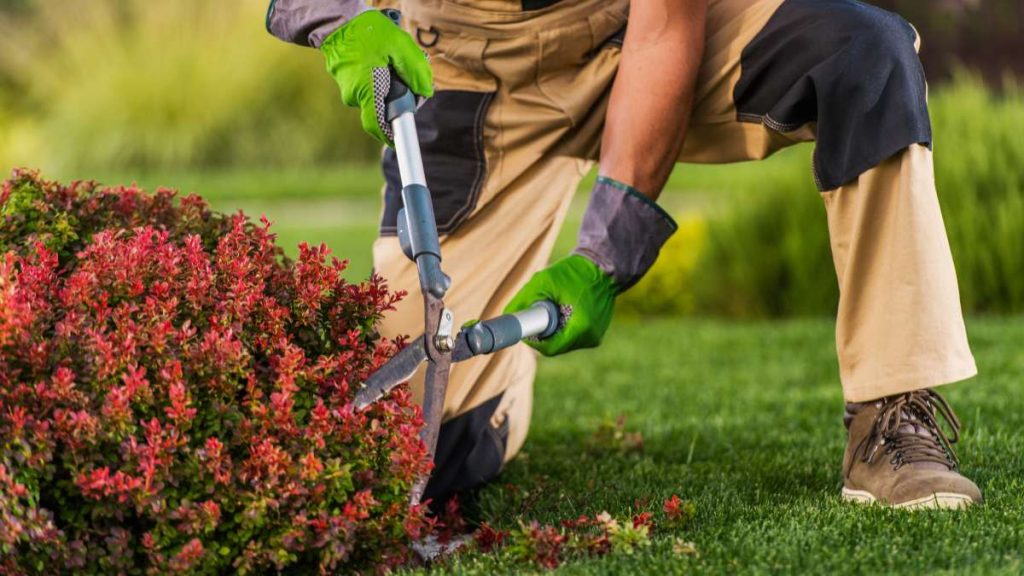
Healthier Plants
Consistent garden maintenance results in healthier, more vibrant plants. Regular tasks like pruning, watering, and fertilizing help plants grow stronger and prevent diseases from taking hold. Pruning encourages new growth by removing dead or damaged branches, while fertilizing replenishes the nutrients in the soil that plants need to thrive. In turn, healthy plants are more resistant to pests and environmental stressors.
Improved Aesthetic Appeal
A well-maintained garden enhances the visual appeal of any property, creating a pleasant and inviting outdoor space. Regular mowing, trimming, and weeding ensure that the garden remains neat and orderly. For homeowners, a beautiful garden can significantly boost curb appeal, while for businesses, it creates a welcoming environment for customers and clients.
Pest and Disease Control
Regular maintenance allows gardeners to detect and address pest infestations or diseases early, preventing significant damage. Weeding, pruning, and cleaning up garden debris reduce the habitat for pests and diseases. Early intervention can save plants from being destroyed and minimize the need for chemical treatments.
Long-Term Cost Savings
Though garden maintenance requires regular attention, it helps avoid costly repairs or plant replacements in the long run. Neglected gardens are more prone to infestations, overgrown weeds, and diseased plants, which can be expensive to remedy. By investing in regular maintenance, property owners can ensure their gardens remain healthy, avoiding the higher costs of fixing neglected problems.
Tools and Equipment Needed for Garden Maintenance
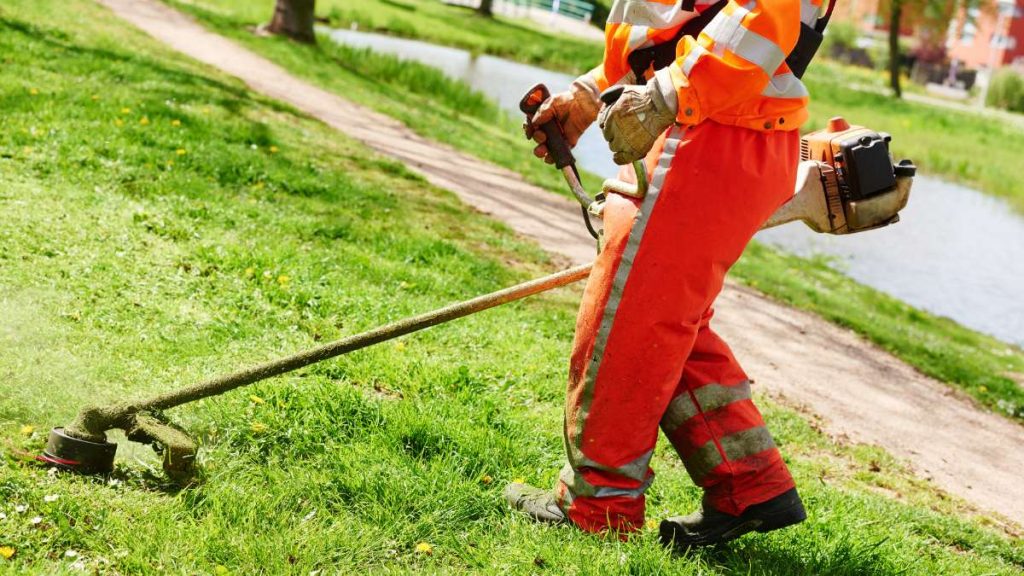
Basic Tools
Essential tools for everyday garden maintenance include rakes, pruning shears, spades, and lawnmowers. Rakes help clear away leaves and debris, while spades are used for digging and soil preparation. Pruning shears are indispensable for trimming plants and trees, and lawnmowers are necessary for keeping grass neat and uniform.
Irrigation Tools
Hoses, sprinklers, and drip irrigation systems are essential for maintaining proper water levels in the garden. These tools ensure that plants receive adequate hydration without overwatering or wasting resources. Proper irrigation is key to keeping plants healthy, especially during dry spells or in hot climates.
Specialized Tools
For larger or more intricate gardens, specialized tools like hedge trimmers, leaf blowers, and compost bins can make maintenance more efficient. Hedge trimmers are perfect for shaping shrubs and hedges, while leaf blowers simplify the task of clearing leaves in the fall. Compost bins are excellent for recycling organic waste, turning it into nutrient-rich compost for the garden.
DIY Garden Maintenance vs. Professional Services
DIY Maintenance
For those with smaller gardens or a passion for gardening, DIY maintenance can be both rewarding and cost-effective. Many homeowners enjoy taking care of their own gardens, as it provides an opportunity to connect with nature and exercise creativity. DIY maintenance works well for simpler tasks like mowing, pruning, and weeding, especially when the garden is relatively small.
Hiring Professionals
For larger gardens, complex landscapes, or those with time constraints, hiring professional garden maintenance services is often the best option. Professionals bring expertise in plant care, pest control, and garden design, ensuring that plants thrive throughout the year. Hiring experts also ensures that all garden tasks are performed efficiently and correctly, saving homeowners time and effort. Additionally, professionals can provide tailored advice and solutions for specific garden challenges.
How to Choose a Garden Maintenance Provider?
Experience and Expertise
When choosing a garden maintenance provider, it’s essential to consider their experience and expertise. Look for companies that have a proven track record of handling a variety of plants and garden types. Providers with extensive knowledge of local climate conditions, soil health, and pest control can ensure that your garden receives the best care possible.
Service Packages
Service packages vary depending on the specific needs of your garden. Some providers offer basic maintenance packages that include tasks such as mowing, weeding, and trimming, while others provide comprehensive packages that cover seasonal clean-ups, pest control, and soil testing. It’s essential to choose a provider that offers the services your garden requires, and many providers are flexible in creating custom packages that suit your specific needs.
Customer Reviews
Before hiring a garden maintenance provider, it’s a good idea to research customer reviews and testimonials. Positive feedback from previous clients can help you assess the quality of service a provider offers. Additionally, look for reviews that specifically mention the provider’s reliability, attention to detail, and ability to address unique gardening challenges. This can give you confidence in the provider’s ability to deliver the results you’re looking for.
Conclusion
Importance of Regular Maintenance
Regular garden maintenance is vital to keeping your outdoor space healthy, beautiful, and thriving. It prevents issues such as overgrown weeds, pest infestations, and diseases, all of which can damage the garden. A well-maintained garden not only boosts curb appeal but also contributes to the long-term health and vitality of the plants, ensuring that they continue to flourish season after season.
Encouragement to Take Action
Whether you prefer a DIY approach or are considering hiring professional garden services, the key is to be consistent with your garden maintenance routine. A well-maintained garden brings a range of benefits, from enhancing the beauty of your property to improving plant health and increasing its overall value. By investing time and effort—or hiring professionals to do so—you can ensure that your garden remains a stunning and peaceful retreat all year long.
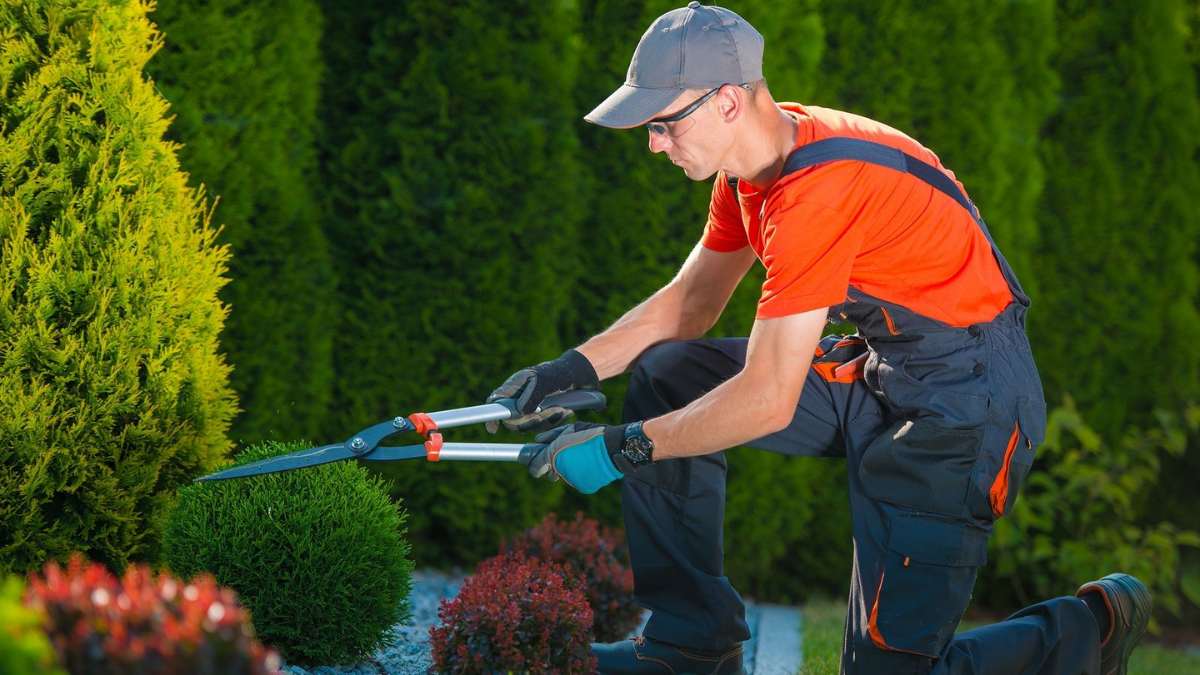
Leave a Reply